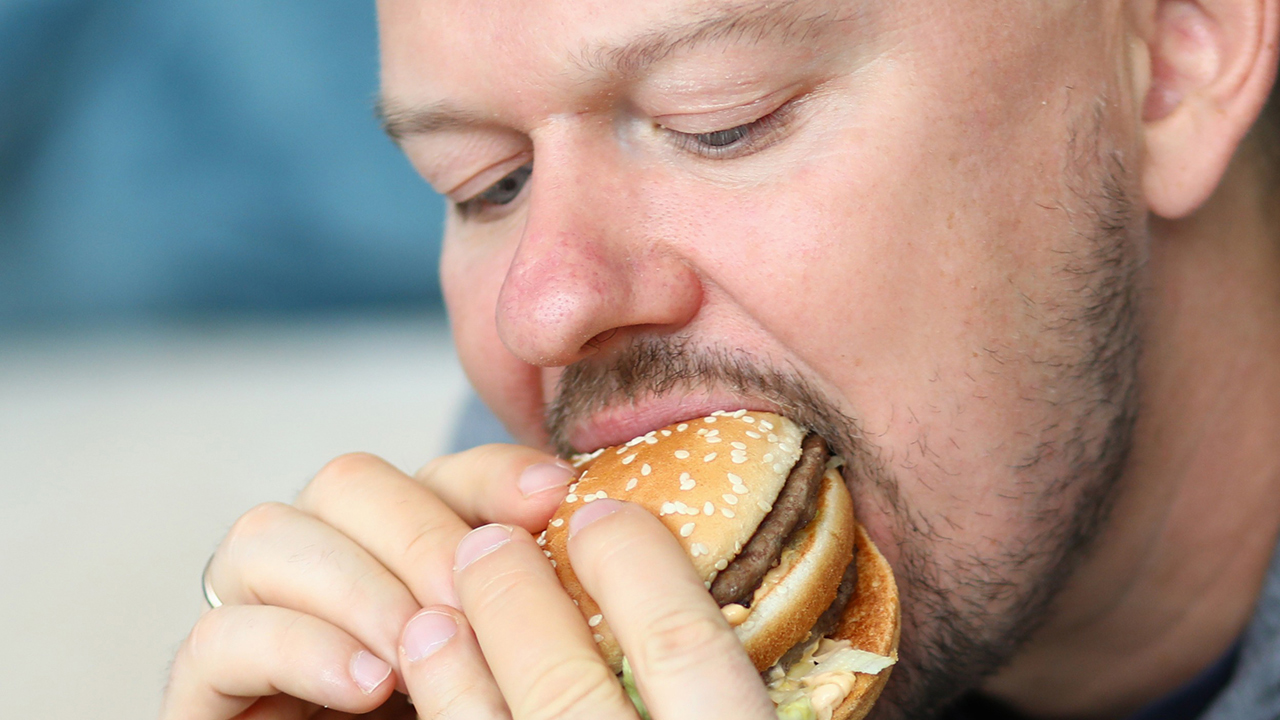We all eat to live. It is our basic need in order to survive. There has been a significant dietary change with transformed cooking techniques, plant, and animal-based diets. But do you know, eating has transformed from a basic necessity to a medium of inviting disorders? Yes, eating disorders are on a rise. Eating disorders are ailments that are associated with unhealthy behaviors of eating or food such as starving, overeating, or binging.
Types of eating disorders
- Anorexia nervosa
- Bulimia nervosa
- Binge eating
- Night eating syndrome
- Pica
Binge eating is the most common type of eating disorder seen these days, especially in youngsters. It involves episodes of extreme overeating. It may affect both genders. People with this disorder are generally overweight or obese. It can have serious complications if not considered and treated at the right time.
Serious complications associated with binge eating
-
Heart diseases
-
Hypertension
-
Type 2 diabetes
Binge eating is much more than overeating. People with this disorder lose control of anything associated with eating. They generally eat quickly, binge when they are not hungry, or eat until they are neck full.
Factors triggering binge eating
- Anxiety
- Stress
- Depression
- Boredom
After-effects of binge eating
The patient may suffer after-effects of the disorder like guilt, shame, and depression. These feelings further change or alter the behavior of an individual. Thus, making it hard to make the right diagnosis for timely and effective treatment.
Binge eating and weight
A person's weight fluctuates and is never a straight line. After realizing the fact, they may opt for a diet but the attempts are not successful until the binging behavior is controlled. However, weight gain easily occurs. Patients with this disorder find it hard to lose weight. The weight loss practice generally fails as they don't have control over their eating behavior.
Diagnosis
People usually hide their habit of binge eating. They do so when they are alone, depressed, or affected. Hence it becomes even more difficult to make the diagnosis. One of the most common diagnostic signs of binge eating is binging at least twice a week for six months or more. The doctor may do a physical examination test or explore family history, medical history, or eating habits to make a clear judgment.
Treatment
Several treatments together can be used to control or manage binge eating disorder. Cognitive-behavioral therapy can help identify the change that leads to binge eating. Family support and group support are the key factors that help treat or manage binge eating. For anxiety and depression, the patient may take medicines after consulting with a registered medical practitioner. Willingness from within to stop binging is of utmost importance.
(Disclaimer: The content on this site is for informational purposes only, and should not be taken as professional medical advice. Always seek the guidance of your doctor or other health professionals for any questions you may have regarding your health or a medical condition.)

 Eating disorders are ailments that are associated with unhealthy behaviors of eating or food such as starving, overeating, or binging. Binge eating is the most common type of eating disorder seen these days, especially in youngsters. People with this disorder are generally overweight or obese. It can have serious complications.
Eating disorders are ailments that are associated with unhealthy behaviors of eating or food such as starving, overeating, or binging. Binge eating is the most common type of eating disorder seen these days, especially in youngsters. People with this disorder are generally overweight or obese. It can have serious complications. 



















.jpeg)










.jpg)
.jpeg)